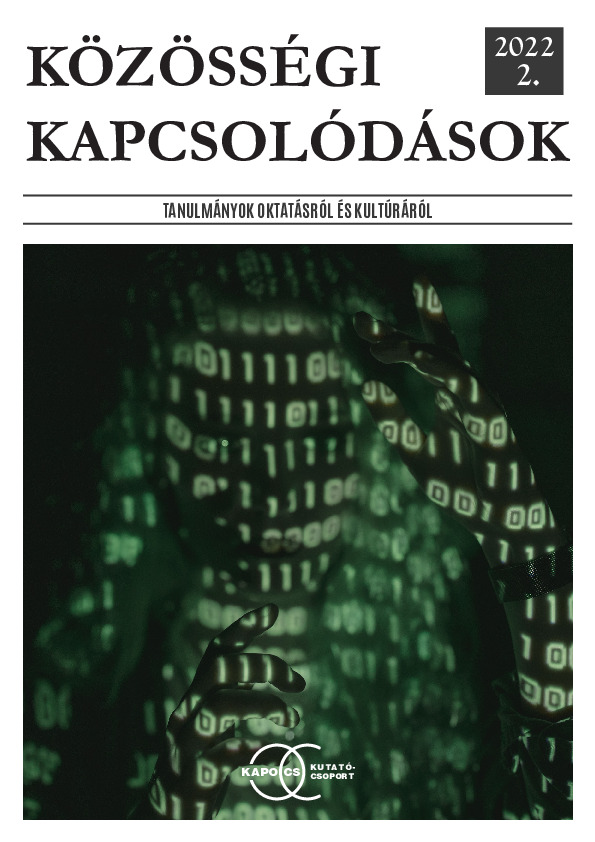Discourses on Central Europe in Hungary before and after 1945 We still need Central Europe today
Main Article Content
Abstract
The concept of ‘Central Europeanness’ has played a major role in 20th century Hungarian thought and culture. My study examines the political, sociohistorical and cultural historical aspects, characteristics and relevance of ‘Central Europeanness’, the concept having first taken form following the trauma of Trianon, then being first denied and later rediscovered during the Cold War. Central to the study is the renaissance of the idea of regionality between the 1980s and the 2000s (opposition and regionality, dialogue with the neighbouring countries’ intellectuals, the rediscovery and reception of István Bibó’s oeuvre, the flourishing of the political essay, the role of György Konrád, viewing journals, publishing houses, and book series as the trustees of a region’s consciousness). My study argues for the actuality of regional consciousness and the necessity of its dissemination (primarily among the youth of today). I believe this would provide the chance for realizing, based on a common fate, the necessity of mutual recognition, and subsequently, the importance of solidarity (which could forestall the extremist moral and psychological destruction by neo-nationalist movements).

